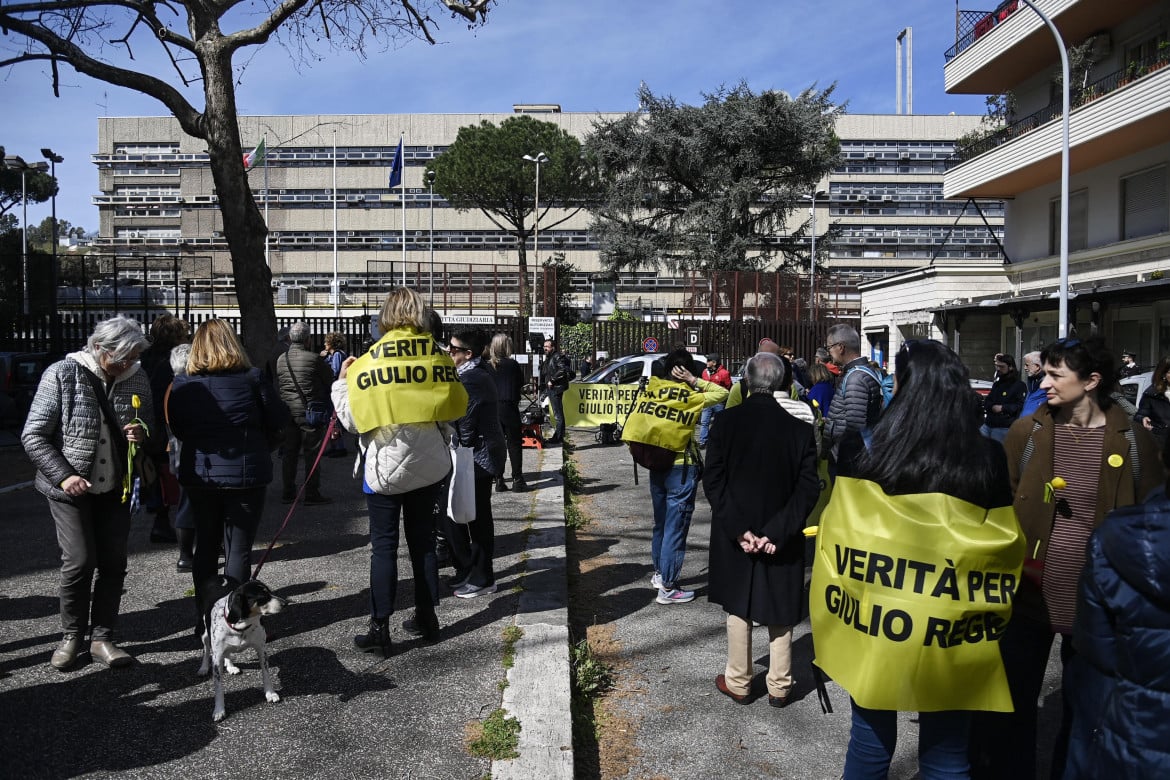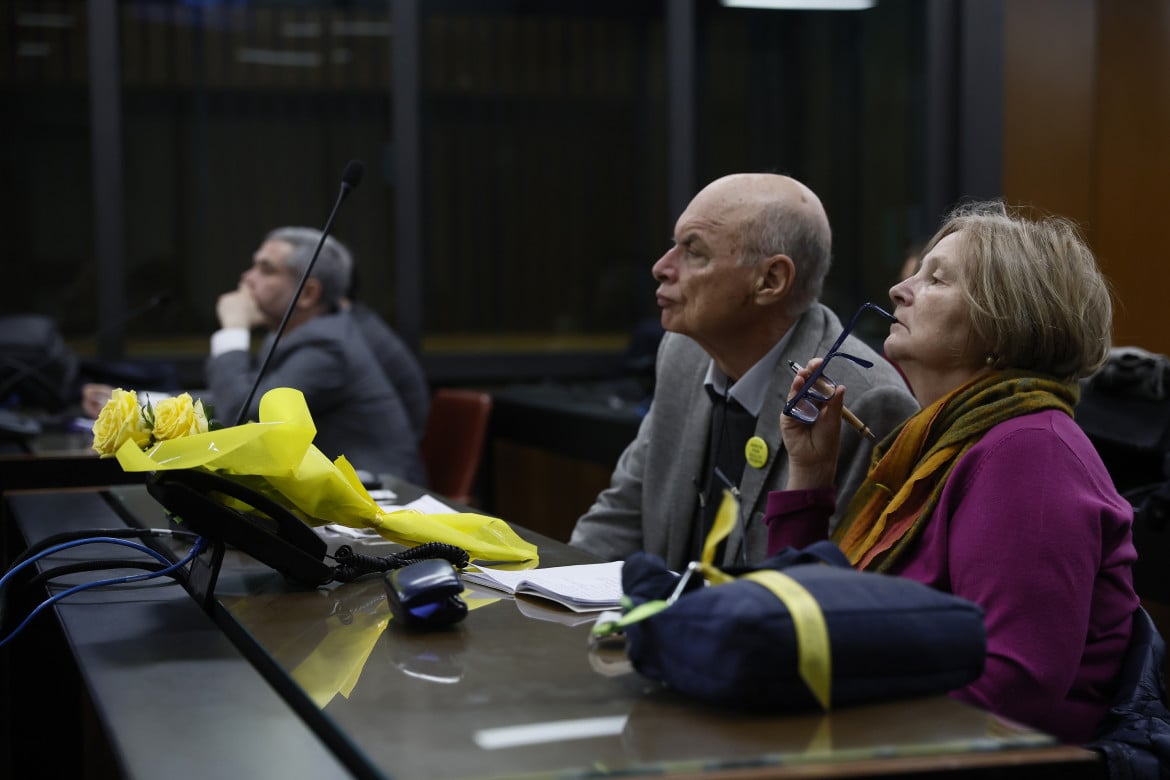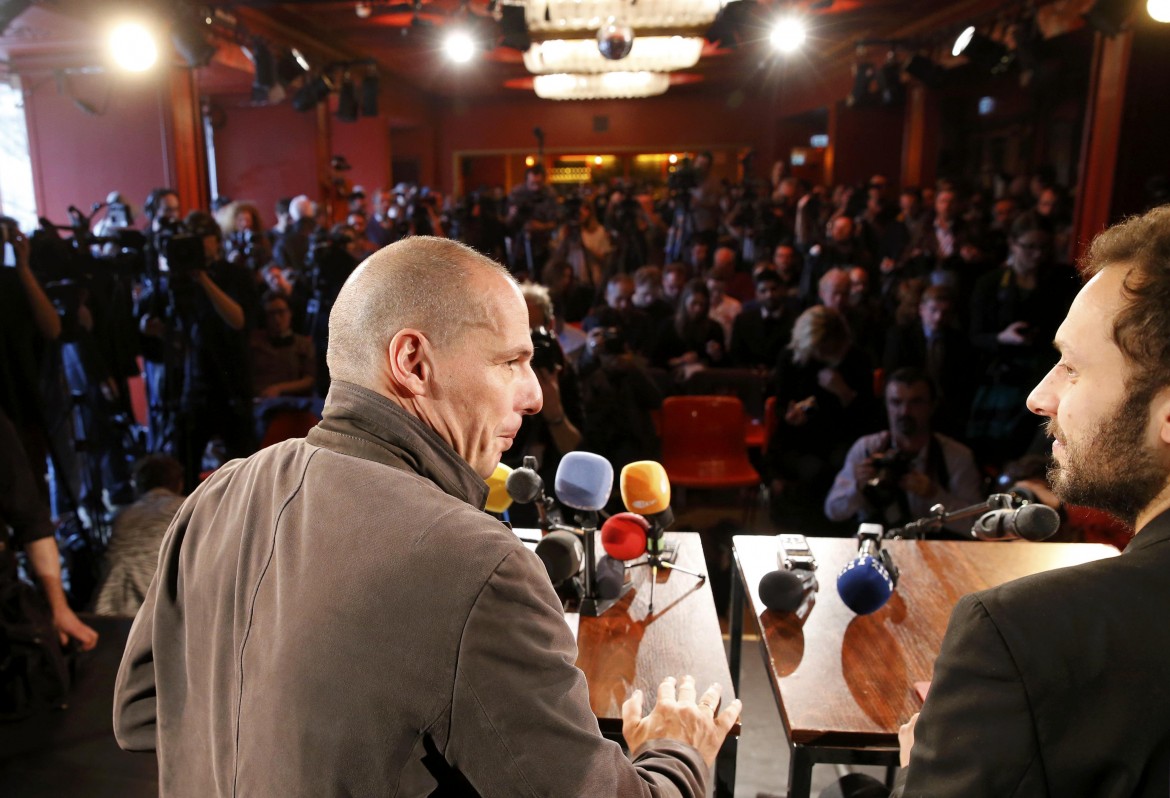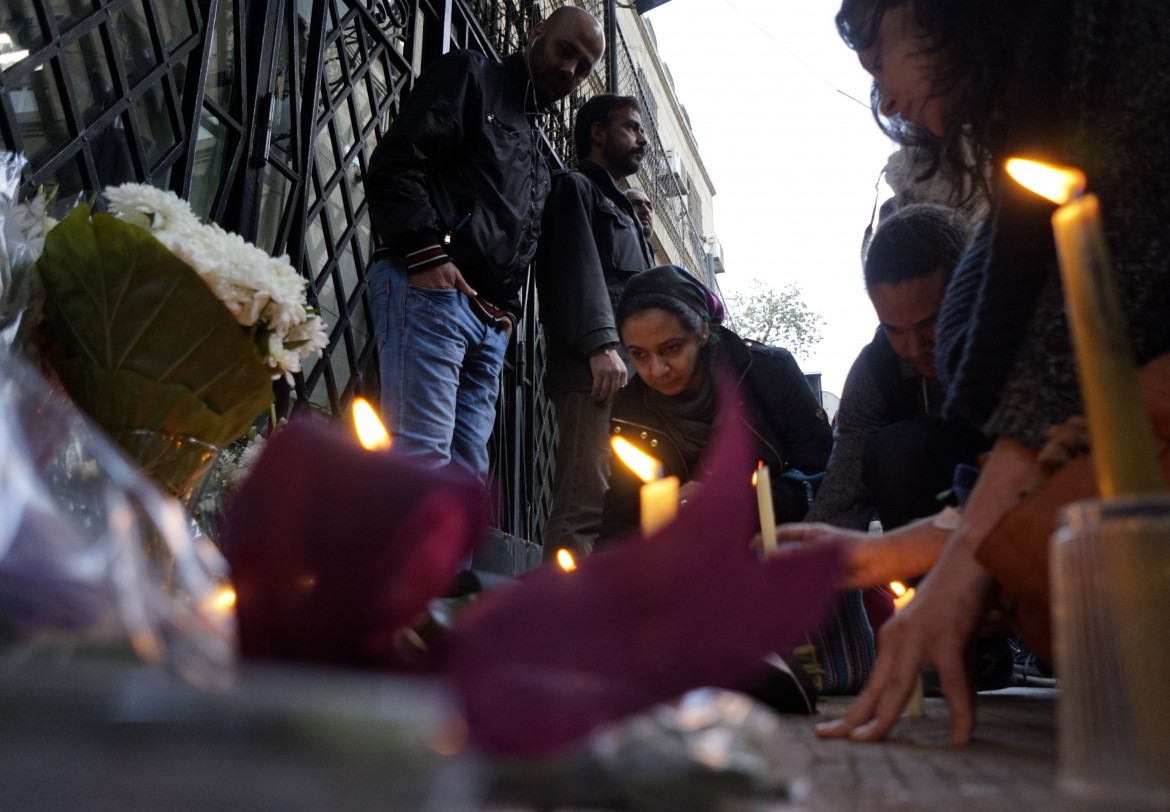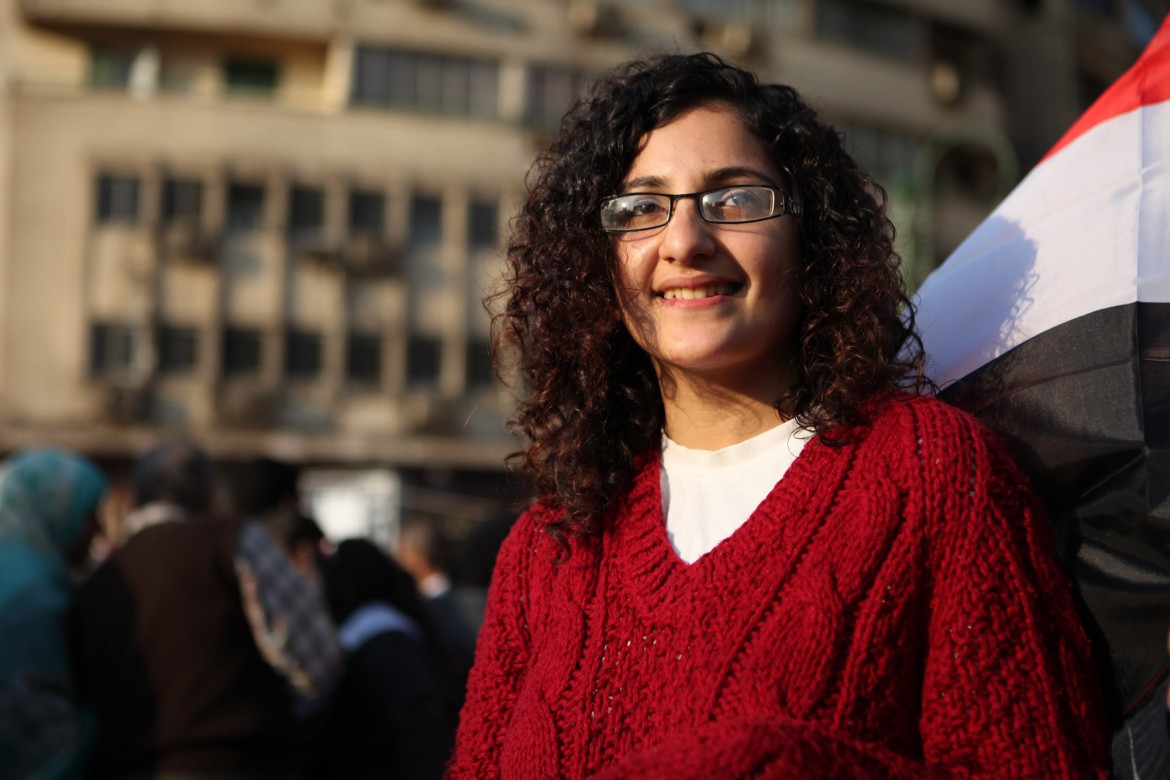According to Italian Foreign Undersecretary Benedetto Della Vedova’s telling, the Italian and Egyptian authorities are working in “perfect cooperation” on the investigation of the death of Giulio Regeni. But a row over custody of Regeni’s laptop suggests otherwise.
Egyptian officials reported Tuesday that they couldn’t find the laptop of the young researcher when they searched his home in Cairo. That’s because the Italians already had it. Regeni’s family delivered the laptop to Roman prosecutors, though his cell phone is still unaccounted for. Now, as the Egyptian daily Al-Masry Al-Youm reports, the Egyptians want the laptop returned to Cairo. The Giza Chief Prosecutor, who first revealed that Regeni was tortured, is considering the “possibility of asking the Italian authorities to return the young man’s computer.” Without it, they say, they’ll have “difficulties” in continuing the investigation.
The Italian government, too, seems to have met some difficulties — this time purely political. Speaking to Parliament on Tuesday, Della Vedova turned over the first summary of findings from special investigators dispatched to Cairo to investigate the death of Regeni, a doctoral student who was found dead on a street Feb. 3, after disappearing on Jan. 25.
But the findings — supposedly a “detailed reconstruction of the painful story of Giulio Regeni” — contain a glaring information gap of seven days. From Jan. 25 to 31, the Italians have no knowledge (or no interest) of any actions taken by the Egyptian authorities to find Regeni nor the reasons why they preferred not to spread news of Regeni’s disappearance. The “detailed reconstruction” appears to be a political reconstruction intended to help Egyptian institutions save face.
Della Vedova says the Italian Embassy in Cairo was alerted to Regeni’s disappearance on the evening of Jan. 25, “between 22:30 and 23:00,” by Professor Gennaro Gervasio, a colleague and friend of Regeni from American University. Gervasio had waited at a restaurant where they were to meet for dinner. In a final phone call, Regeni had said he “would be out of the house toward 20:00,” would take the train to the metro to Mohamed Naguib station, near Tahrir Square, and from there would walk to the restaurant.
“Gervasio told the embassy he had repeatedly tried to call Giulio between 20:18 and 20:23 and received no answer,” Della Vedova said. “Starting at 20:24, however, the young man’s cell phone was off.” (It should be said that according to Al-Masry Al-Youm, the Giza prosecutor found that the cell phone never left the neighborhood where Regeni lived.) “In the hours immediately after the disappearance,” continued Della Vedova, “Ambassador Maurizio Massari alerted the Egyptian interior minister” and obtained assurances “that they would make every effort to find his compatriot.”
“The police and military intelligence have excluded that Regeni was detained or arrested,” said the undersecretary. “At the time, in fact, news spread of the arrest of a foreigner, resulting from the release of a U.S. citizen by local authorities.” And also, “research at Cairo hospitals did not yield any results.” Everything under control, then.
On Jan. 31, however, Foreign Affairs Minister Paolo Gentiloni “personally phoned the Egyptian counterpart,” Sameh Shoukry, to express “the deep concern of the Italian government.”
Regeni’s family arrived in Cairo the previous day, asking the press “not to disclose the details of her son’s story.” Because of this, the Italian government claims, the Egyptian foreign ministry continued its blackout.
On Feb. 2, the day before the discovery of Regeni’s body, Ambassador Massari met with the Egyptian interior minister, who “assured that investigations were ongoing and that all information collected by the Egyptian intelligence services, which have extensive experience in locating people, would be shared with the embassy.”
The rest of the story is known.

